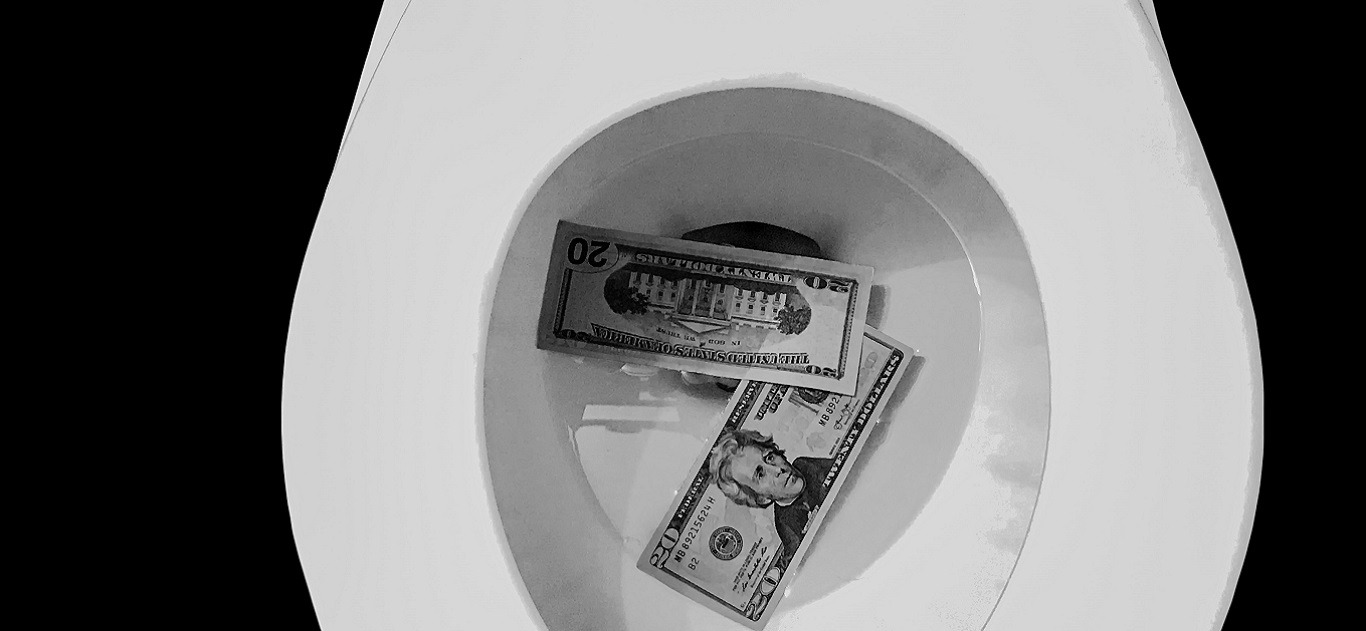I read this story online:
https://www.cnbc.com/2020/01/09/money-mistakes-to-avoid-in-your-30s.html
It made me reflect on my own experience when I was in my 30’s.
Financial decisions that you make in your 30’s can have a big impact on your future.
You’re now a fully grown adult with a career, hopefully a fulfilling well paid job, maybe a family and other responsibilities. You’ve had a chance to study and travel during your 20’s but now’s the time to get serious about your future.
Here are the three biggest mistakes that people make in their 30’s:
- Not setting financial goals
If you have every been to a seminar about business planning they always talk about setting SMART (Specific, Measurable, Achievable, Realistic & Timely) goals for your business. How much profit do you want to make this year etc.
We should be doing the same thing for our personal goals too. Spend some time reflecting on what you want to do about your finances this year.
Each goal should have a name, a monetary value and a time frame.
Some good examples are:
- To clear our $500,000 mortgage within 15 years.
- To retire at age 65 with $100,000 per year income.
- To give each of our children $100,000 when they turn 25.
With that information we can calculate how much you need to put towards each goal every month to achieve them. You can then decide what your highest priorities are.
When I meet older people who have finances that are in a mess one of the key reasons why is that they never focused on goals or how to achieve them. The made big financial decisions (eg taking on a huge mortgage, buying an expensive car etc) without considering how it would impact on their future.
- Not saving for your retirement
I was in my mid 30’s when the GFC (Global Financial Crisis) hit. My super went down to less than $50k and business was not doing well. The future was not bright at all.
I went to see another Financial Planner who was more experienced than me to talk about what to do. He told me that he wouldn’t take me on as a client because I didn’t have enough money. That hurt but I liked him because he was honest and he was also a Richmond Tigers supporter.
The advice that he did give me was to stop contributing to super and use that money towards a house deposit. I totally disregarded his advice and instead I increased my super contributions to the maximum and invested all the rest of my money into my business.
House prices have doubled since then but after 11 years my super has grown to more than 10 times what it was back then. If I keep up the same level of contributions maybe I will have 3-4 times more in my super by the time I am ready to retire.
I feel like I made the right decision but the important thing was to force myself to save money and take advantage of tax breaks that were available. All of my worries about not having enough money to retire are now gone. The important thing was to take action and start saving money.
- Not tracking your spending
Most people spend everything they earn. Few people are good at saving money. Access to credit only makes those problems worse.
It’s not easy to get sending under control but the first step is to start recording all of your expenses. Once you have a clear idea of what you are spending money on you can then decide what is unnecessary and can cut it out. Reducing discretionary spending is the key to saving.
I did have this conversation with an Accountant I know and his reply was “when you have a family everything is non-discretionary.” Hopefully you can start doing this before you get into that position.
I noticed that I was spending a lot of money in restaurants so I made a conscious decision to cook at home more often.
There are easy ways to track your finances by downloading credit card transaction into excel or a personal finance app.
The important thing is to get into good spending habits before you take on too many commitments.

